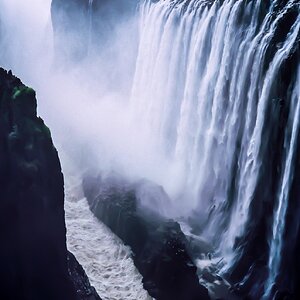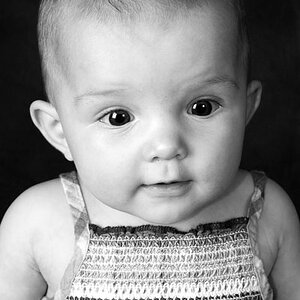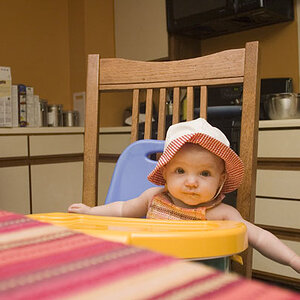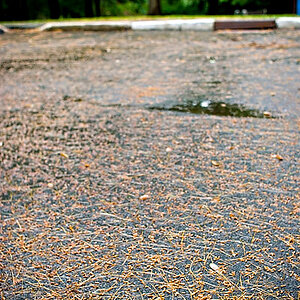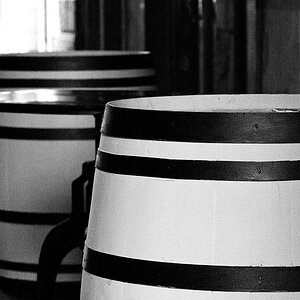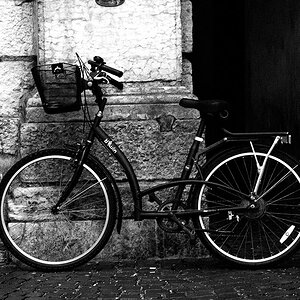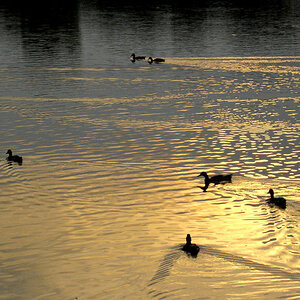colintinto
TPF Noob!
- Joined
- Jun 9, 2005
- Messages
- 54
- Reaction score
- 0
Hi All,
I've been playing with my Canon 300D for a few months now, having moved on from an old Canon Powershot, and an older Olympus digital before that, so I've been digital for 5 years.
I've recently inherited a Minolta 7000 and various lenses from my Grandfather. My first idea was to sell all the kit on eBay and use the money to buy something new for my Canon, but firstly there is a bit of sentimental value there, and secondly it looks like I'd be lucky get much more than £100 for the lot, so I don't think it's worth the effort.
And now that I understand SLRs a bit better, I've started to think that maybe I should get some film and play with the Minolta! Maybe some slide film, or B&W, just something different.
Has anyone gone this route? And how hard is it, going from the instant gratification of histograms, previews, and on screen in minutes, to having to finish the roll, send it off for processing, and then finding out you've over/underexposed them all???
Colin
I've been playing with my Canon 300D for a few months now, having moved on from an old Canon Powershot, and an older Olympus digital before that, so I've been digital for 5 years.
I've recently inherited a Minolta 7000 and various lenses from my Grandfather. My first idea was to sell all the kit on eBay and use the money to buy something new for my Canon, but firstly there is a bit of sentimental value there, and secondly it looks like I'd be lucky get much more than £100 for the lot, so I don't think it's worth the effort.
And now that I understand SLRs a bit better, I've started to think that maybe I should get some film and play with the Minolta! Maybe some slide film, or B&W, just something different.
Has anyone gone this route? And how hard is it, going from the instant gratification of histograms, previews, and on screen in minutes, to having to finish the roll, send it off for processing, and then finding out you've over/underexposed them all???
Colin




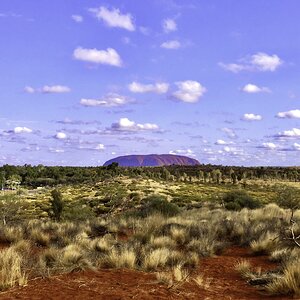
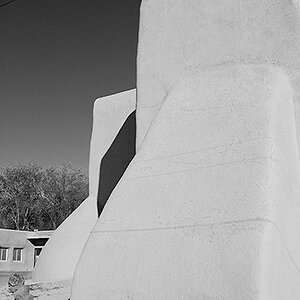
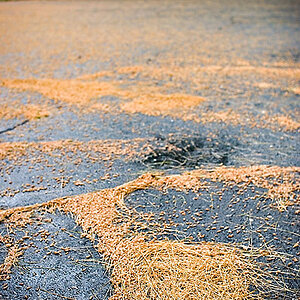
![[No title]](/data/xfmg/thumbnail/41/41759-f0f73c457ebcb6dabcbddc7a3c000487.jpg?1619739884)
